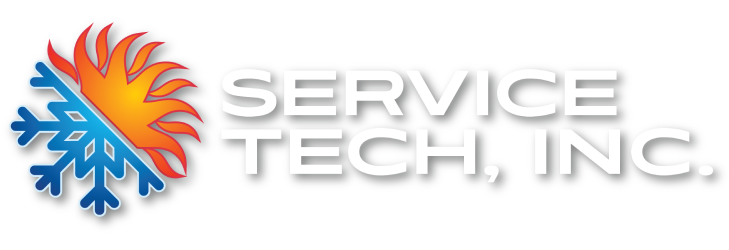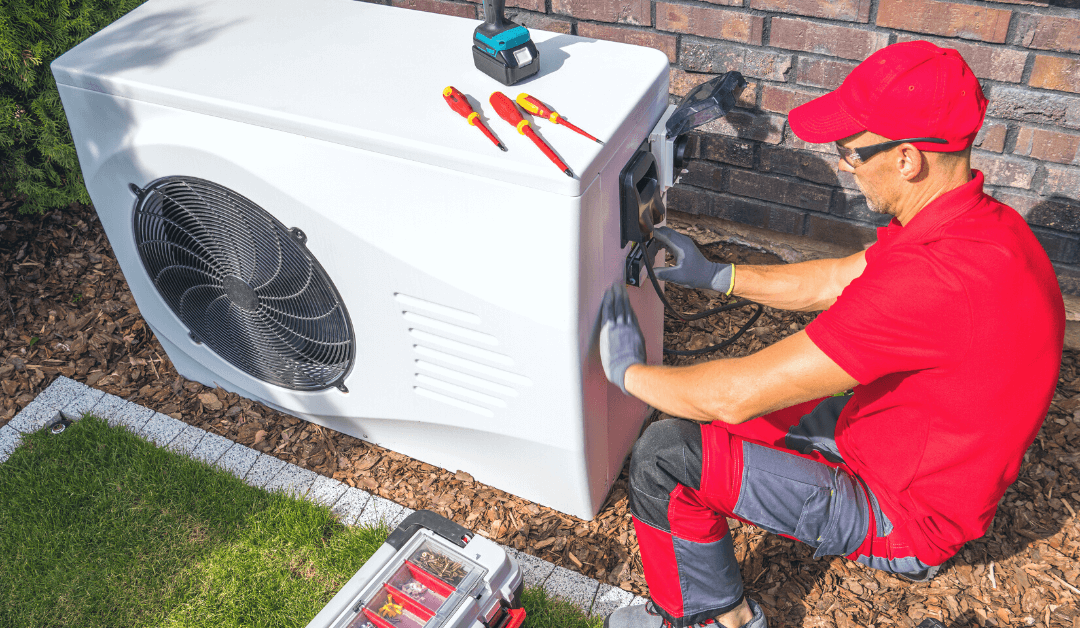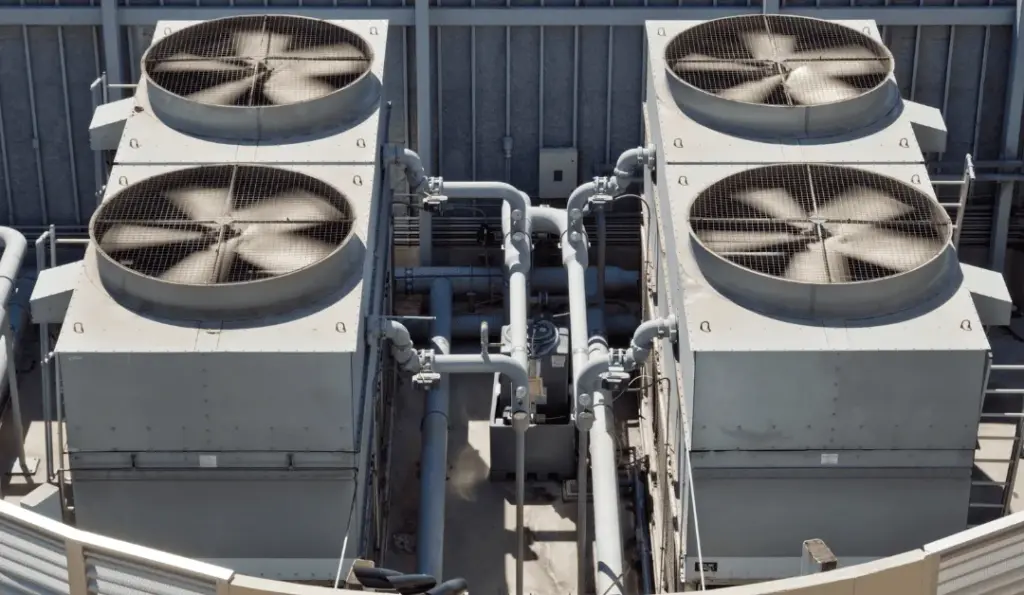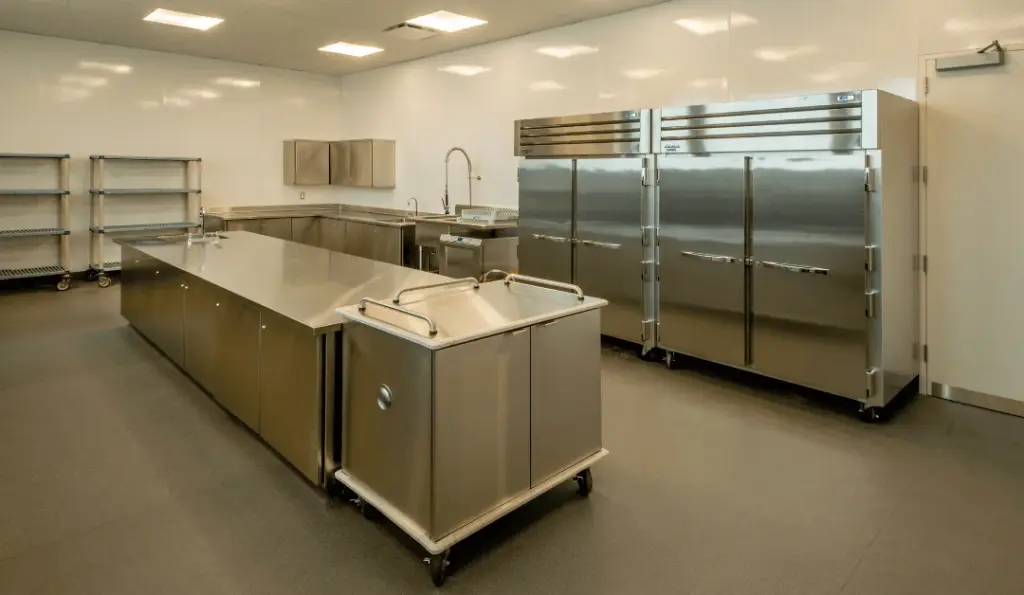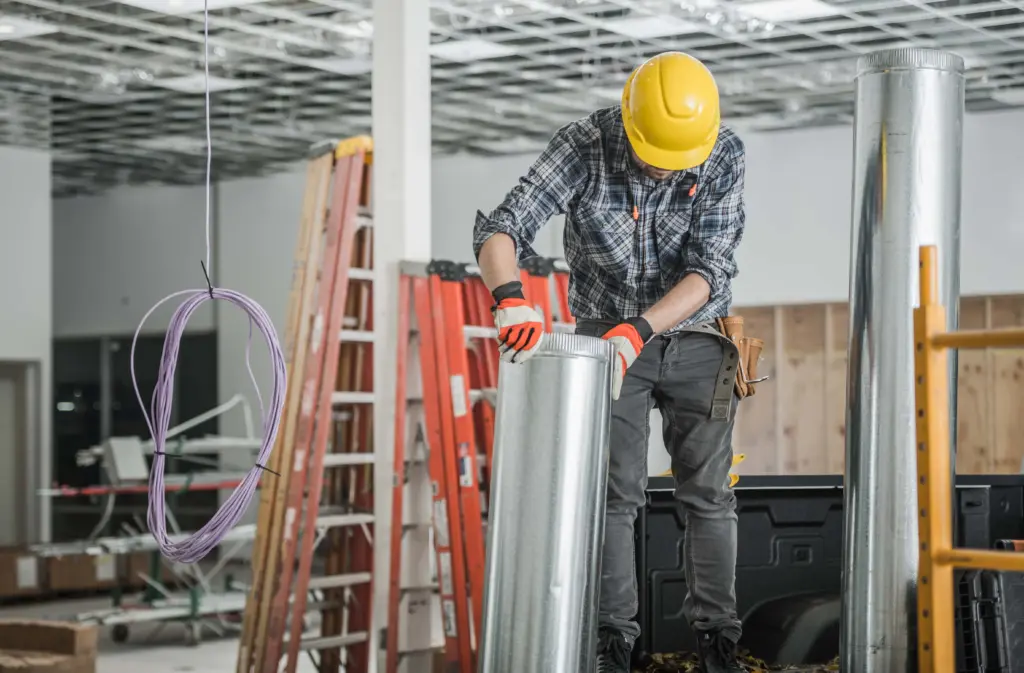Do you spend a lot of your time indoors? According to the United States Environmental Protection Agency (EPA), most Americans spend approximately 90 percent of their time inside. Furthermore, the concentration of pollutants indoors is between two and five times higher than outdoor pollutants.
The best way to ensure you aren’t exposed to these harmful toxins is to improve the air quality in your home. This includes reducing or removing the causes of pollutants in your home, ventilating your home with fresh outdoor air, checking for mold, using a carbon monoxide monitor, and using an air purifier.
However, one of the most straightforward steps to getting cleaner air in your home is to check your air filters often and replace or clean them as needed.
Air Filters and Purification
Heating, Ventilation, and Air Conditioning (HVAC) systems heat, ventilate, and cool the air in your home. These HVAC systems use air filters to help ventilate the air. The type of air filter you use not only affects the quality of the air that the system puts out but also affects how your HVAC system performs.
What is an Air Filter
Air filters help keep your HVAC system clean on the inside while also filtering the air that it takes in and releases so that you’re breathing clean, fresh air. They allow air to flow but prevent particles and pollutants from escaping into the air.
Air filters filter out pollutants such as:
- Ash
- Bacteria
- Dust mites
- Fibers
- Fungus
- Mildew
- Mold
- Pet dander
- Pollen
- Soil
- Tobacco smoke
Not only do air filters get rid of pollutants, but they can also be the cause of pollutants if they’re not cleaned. Dirty air filters allow bacteria to grow in your HVAC system, which taints the air you breathe and can result in decreased air quality over time.
Types of Air Filters
You have several options if you’re looking for an air filter for your HVAC system.
Activated Carbon Air Filters — These air filters are very absorbent and permeable. However, they are most often used as a pre-filter or secondary filter.
Electrostatic Air Filters — These fiberglass filters use cotton, paper, and metal grids to create static that attracts dust, pollen, and other particles. These are great for people with allergies, and some of them are reusable. When it needs to be changed, you can wash it and put it back in your HVAC system after it has dried.
HEPA Air Filters — High-Efficiency Particulate Air (HEPA) filters trap large particles, such as pollen. According to the EPA, HEPA air filters trap 99.97 % of bacteria, dust, mold, pollen, and other airborne particles. This is the most recommended air filter for allergy sufferers.
HVAC Repair With Service Tech
No matter what kind you choose, air filters are crucial to the air purification process. They must be cleaned and changed regularly. Breathing in the air from a dirty filter is as bad as or worse than breathing in unfiltered air. This can also cause problems for your HVAC system.
For all your HVAC repairs in Birmingham, contact the experts at Service Tech, Inc. today! We’ve got you covered 24 hours a day, seven days a week.
